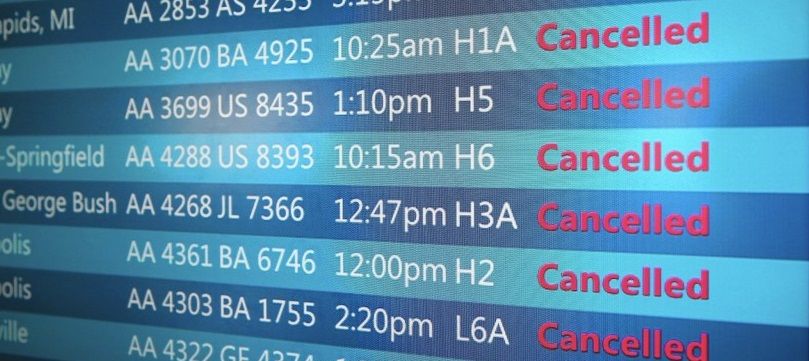Starting May 2024, travelers flying from airports in Germany will face higher costs due to an increase in the Luftverkehrsabgabe aviation tax.
The German government has introduced this tax hike as part of its broader fiscal strategy to address a budget shortfall of 17 billion euros, following a court ruling that deemed redistributing unused coronavirus funds to the climate transformation fund (KTF) as illegal.
This increased tax rate is set to generate an additional 445 million euros in revenue, targeting various segments of the aviation sector. Finance Minister Christian Lindner has successfully pushed this initiative through the cabinet, with the law now awaiting approval from the German Bundestag.
Once implemented, the cost of air travel tickets from Germany will rise. Passengers flying domestically or to other EU countries will now be charged a fee of 15,53 euros per ticket, up from 12,73 euros. For longer journeys exceeding 6,000 kilometers, such as to the US or China, the fee will increase to 70,83 euros per ticket.
Despite the tax being initially paid by airlines, the additional costs are expected to be passed on to passengers, making air travel more expensive. This measure has stirred concerns among both travel agencies and airline companies, fearing significant financial burdens and potential long-term negative impacts on the travel industry.
In terms of package travel, legal nuances affect the ability of agencies to pass on these increased costs to customers. German law dictates that package holiday providers may charge additional fees only if explicitly stated in the contract terms.
The aviation industry, including major players like Lufthansa, has expressed dissatisfaction with the tax increase, although Lufthansa has committed to absorbing the costs for tickets purchased in advance. Travel agents and airline representatives argue that the tax hike imposes a hefty financial strain, with the German Travel Agents Association estimating an additional burden of 21 million euros on travel agents alone.
Political decisions continue to make travel increasingly expensive, compounded by inflation and rising energy prices. This tax increase alone is expected to boost the government’s revenue from ticket taxes to approximately 580 million euros annually in the coming years.













